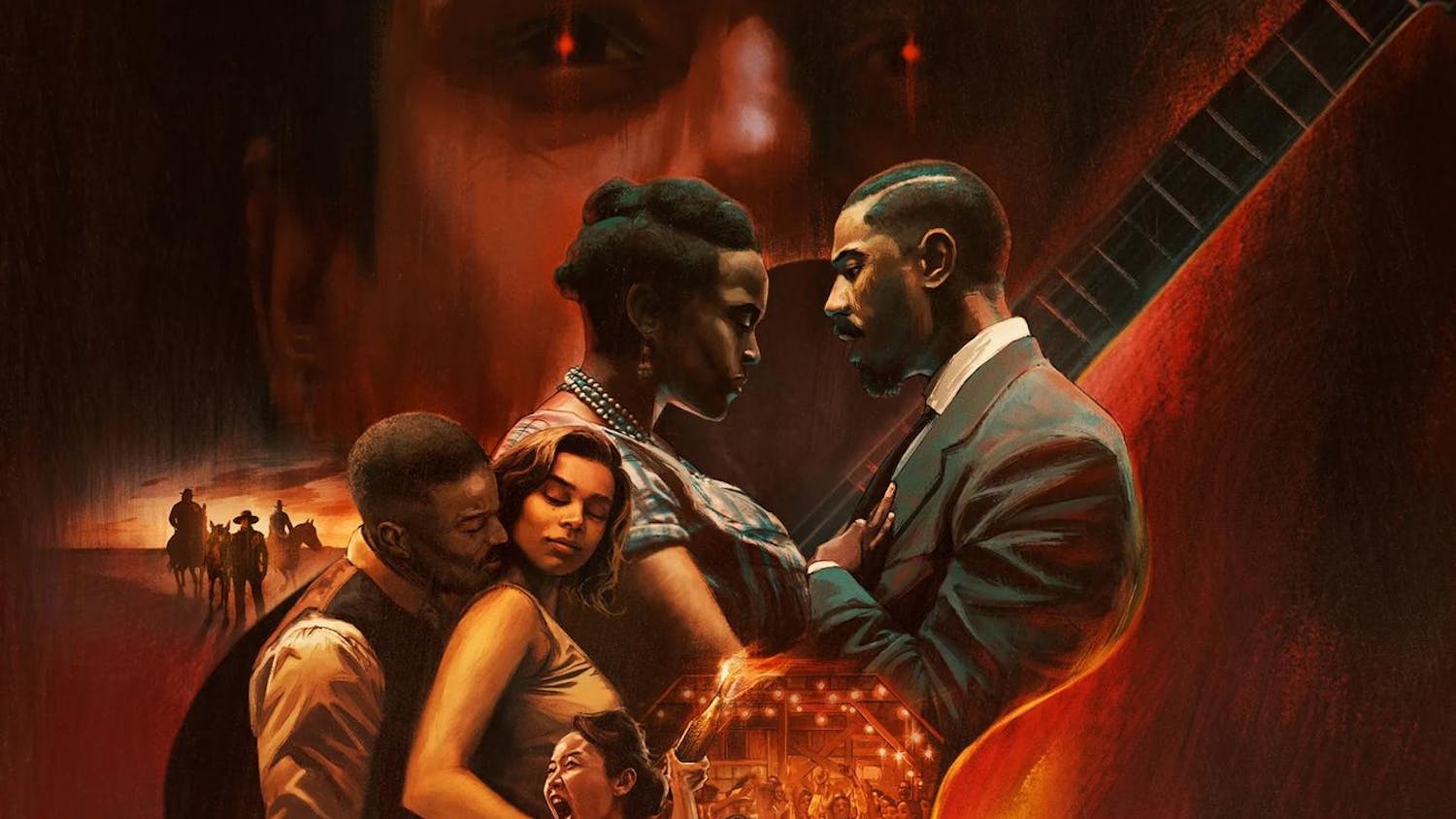After endless discussion in the media, delving into casting fuss and release date strategies, the highly anticipated film adaptation of “Fifty Shades of Grey” hit theaters this weekend. Though the film’s creators promised it would whip the audience to climax and break cinematic barriers by depicting tantalizing BDSM sexual scenes still foreign to mainstream cinema, it failed to live up to the hype. The plot is jarring and tepid, sex scenes take up very limited screen time and those that did make the cut are hardly arousing or erotic. If anything, “Fifty Shades” works best as unintentional comedy.
Bringing the romance between college student Anastasia “Ana” Steele and successful young entrepreneur Christian Grey to the silver screen was an obvious choice. E.L. James’ immensely popular erotic novel has sold over 100 million copies worldwide and has been translated into 52 languages. The book, originally written as “Twilight” fan fiction, substituting vampires and werewolves with rope and riding crops, has brought BDSM into mainstream vocabulary. The plot reveals Christian’s special interest in BDSM and rejection of a normal relationship with virginal Ana, who searches for a more traditional romance.
But any dramatic conflict is quashed by unabashedly bad writing, a preposterous narrative and conversations sounding like they fell straight out of an amateur stack of pornography.
The characters are one-dimensional and far less important than the preconceived storyline, which in turn is far less important than the titillating sexual experiences. And therein lies the movie’s core flaw: In crafting a plot around a BDSM relationship, James and the filmmakers neglected to represent the sexual practice at its heart accurately.
It’s ironic how this manifests in the story. Nudging Ana towards BDSM, Christian presents her with a contract to establish boundaries during sexual engagement. This kind of practice is common in BDSM, since it facilitates safety and enjoyment for all involved parties. But Christian’s respect for Ana falters in other key areas: Christian’s core strategy of wooing Ana involves stalking her with fancy gifts. His good looks and personal helicopter are used to divert attention from his predatory and controlling behavior, a glimmering sheen ridden with problematic manifestations. James falsely uses BDSM, confusing it with abusive relationships. Many BDSM practitioners have protested the novel’s portrayal of aggression and misogyny as a legitimate sexual preference.
Director Sam Taylor-Johnson and screenwriter Kelly Marcel had limited ability to move past the source material’s misconceptions, as James retained a tight level of control. Fortunately one decision raises the adaptation beyond train-wreck status: the elimination of Ana’s narration. Filled with phrases such as “holy crap”and “oh boy” and incessant references to her “inner goddess,” Ana’s narrative voice contradicts the idea that she has a strong grasp on conversational English, or that she studied literature in college. But while removing her first person narration makes her seem much smarter, it also eliminates an intimate knowledge of her feelings about her relationship with Christian.
Self-referential comedy occasionally saves the audience from the abruptness and tediousness of the plot. Blatant euphemisms — Ana biting a pen with Grey’s name on it — and sexual naivete — when Grey offers to show Ana his “playroom,” she responds “like your Xbox and stuff?” — bring the film a much-needed awareness of its own cultural status.
Dakota Johnson shines as Anastasia Steel, in a performance almost unworthy for a character so clueless. Throughout the film, she is convincing and agile, giving the character a sensual quality not detectable in the book.
Jamie Dornan, on the other hand, does not manage to uphold the intense sexual appeal described in the book, though the essence of the paradoxical Grey may render any characterization automatically unsatisfactory. Dornan’s performance is unresponsive and dull — instead of oozing confidence, he appears rather awkward. The discrepancies between the performances of Johnson and Dornan seem to ridicule the original power dynamic of the story — a transformation that unintentionally mocks James’ problematic romantic notions, but at the expense of chemistry or any chance of taking the film seriously.




